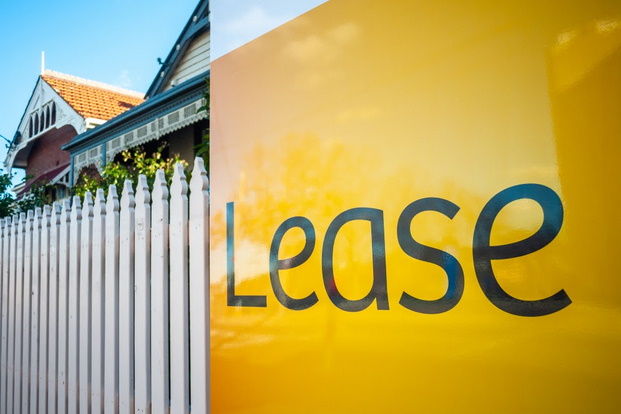Melbourne Set To Become Most Affordable City For Renters
- Written by NewsServices.com

Now there is a headline we never thought we would see. The Melbourne rental market has seen some turbulent demand in recent years, but now Melbourne is at rate parity with Perth of a median rent of $430/week, and only $5 more than Adelaide. So, how did Melbourne get here? There are a number of reasons why this rental rate drop has occurred, so let’s take a deeper look at the circumstances driving these historical lows.
The impact of lockdown
Melbourne has endured some of the toughest lockdowns in the world, with many residents wanting to get off the never-ending merry-go-round of restrictions and border closures that have unfolded in 2020 through to 2021, and potentially beyond. Property owners without rental property management are in a position of having to work with agents to secure suitable tenants through this time, negotiating rental rates well below the former average or facing vacant properties.
Sunnier states like Queensland, with little COVID-19 impact, continue to receive residents fleeing the former ‘world’s most liveable city’. According to ABC, Melbourne migration to Brisbane is up 30% with statistics supporting these findings in the Queensland population hike. Perth and Adelaide are on a steady rental trajectory, with data showing that they soon will overtake Melbourne, officially making the city the most affordable for renters.International students
The University of Melbourne is ranked third in Australia’s best universities list, and number 41 globally, with Monash University close behind it. Melbourne’s collection of prestigious universities have attracted a significant amount of international students over the years, resulting in suburbs in Melbourne becoming reliant on that student rental market. Domain’s Rent Report (issued July 2021) found that areas like Docklands, Carlton and the CBD were seeing a rental price drop of 22-24.5% over the past twelve months - suburbs that usually have a high student population and few vacancies.
These conditions have given renters all the control, with many successfully renting more premium apartments and units previously outside of their price range now that the students are not in Melbourne to saturate these suburbs. In fact, Domain’s Rent Report highlighted that some tenants are saving as much as $150/week for substantially more benefits - upgrading location, space and amenities.What does this mean for renters and property owners?
It’s hard to say how long these impacts will last as there is uncertainty around the duration of the pandemic and the vaccine’s role in the future. Melbourne renters are well placed to receive better lodging for their price expectations, whether they choose to look somewhere else or re-negotiate the rate they are currently paying. Those with investment properties in Melbourne will ultimately wear this reduced rental rate, with some suburbs feeling the blow more than others. It also complicates the plans of those wanting to sell their investment properties, as Melbourne residents are migrating to other states and an oversupply of rentals may dilute the true value of the property asset.
The property game is either about striking when hot or waiting to see, and the advice applies to both renters and property owners respectively. Typically we either see the buyers or the sellers in control, but these unprecedented events have turned things upside down and now the renters have all the control. If you are planning to purchase an investment property in Melbourne, then it might be an idea to wait out the storm or consider another state where the rental yield is stable or increasing. If you already own an investment property, it may be an idea to get a property manager on board to manage these turbulent times.As if world events are not moving fast enough, now Australia’s rental market flexes with each month. As Perth and Adelaide’s conditions continue to tighten, Melbourne is truly set to become the most affordable city for renters.


















